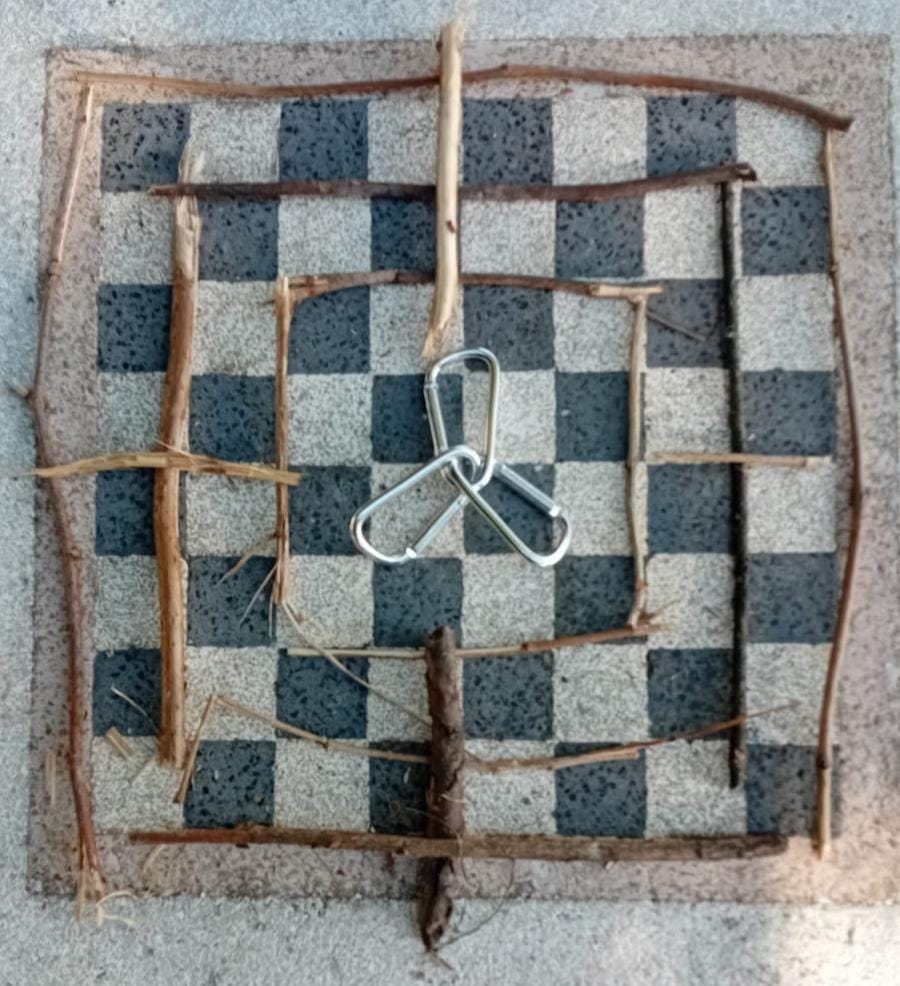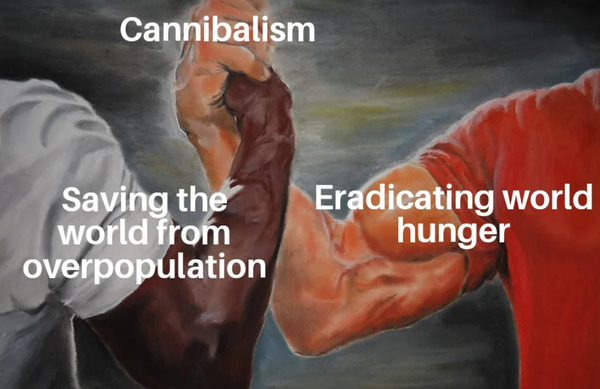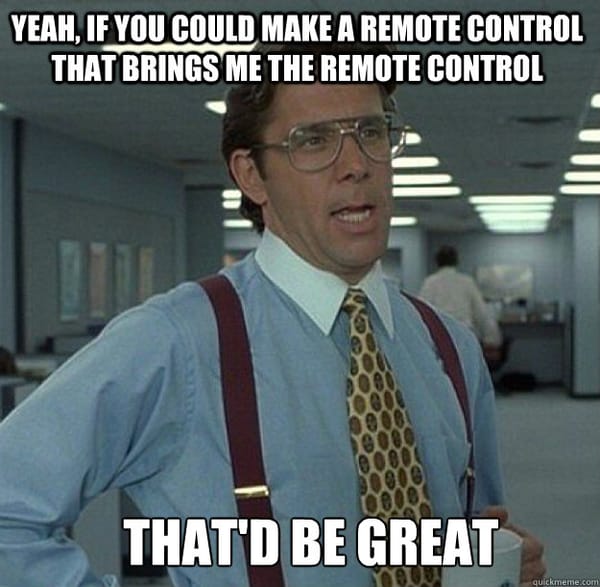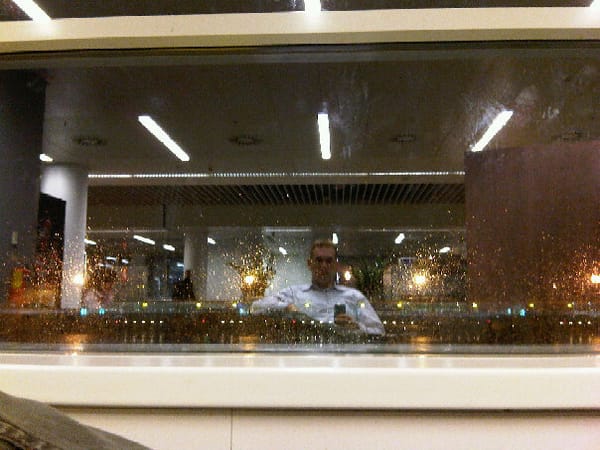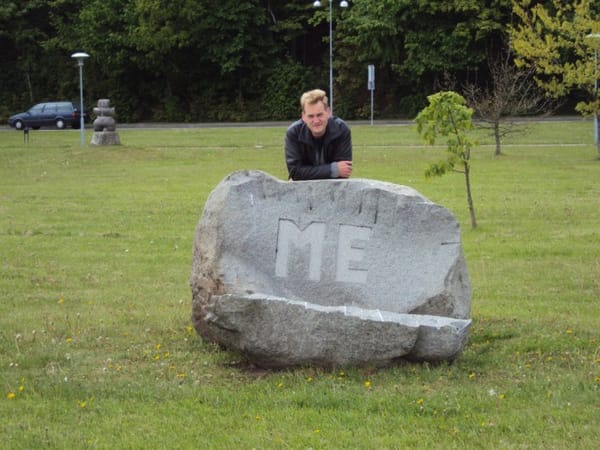The end of management as we know it and why that’s a good thing
In locally bounded organizations that live from producing green energy and healthy food first with that green energy something profound happens.
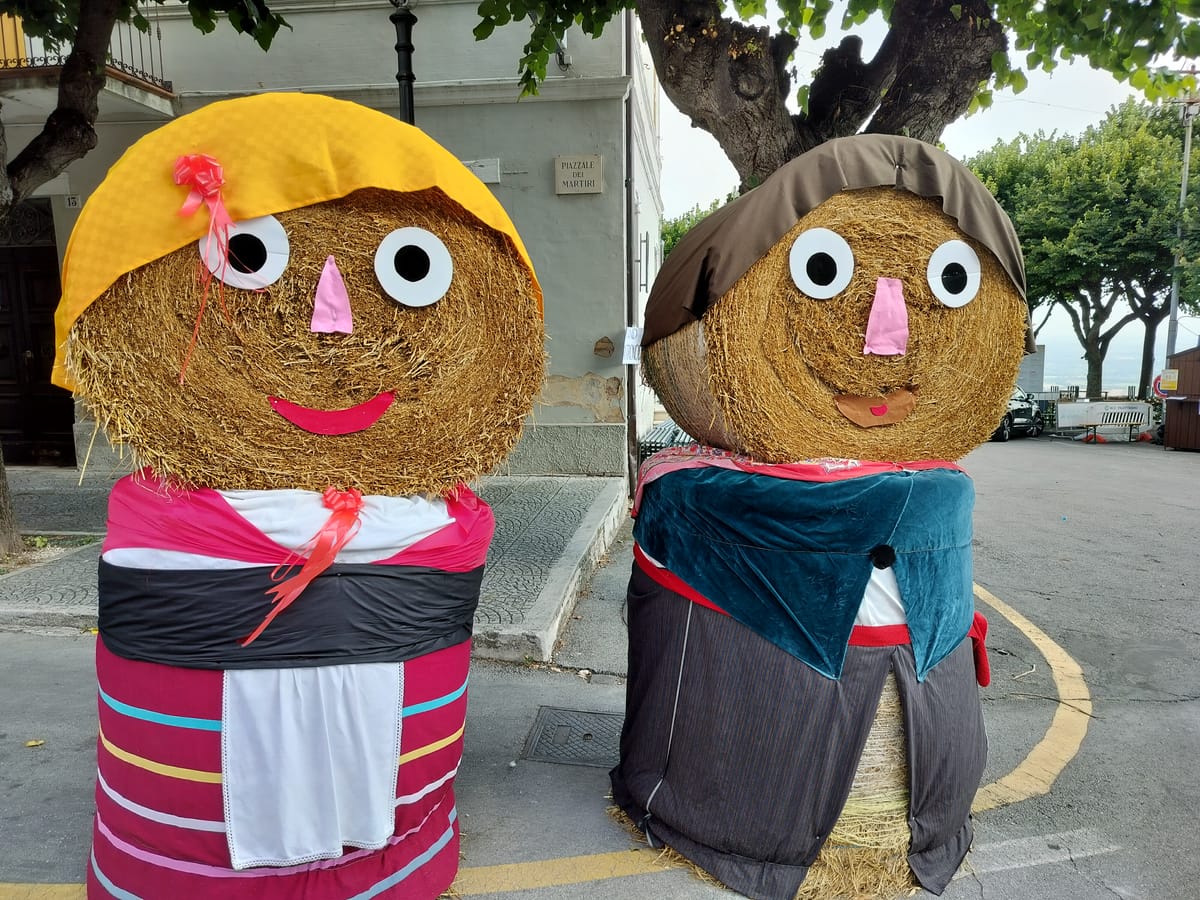
In locally bounded organizations that live from producing green energy and healthy food first with that green energy something profound happens.
Management disappears.
Not in the sense that decisions vanish. But in the sense that decision-making becomes embedded.
Automated.
Algorithmic.
Transparent.
The “managers” of such organisations don’t manage people. They manage decision algorithms. They curate the logic that governs machines, flows, and finances. And that’s a relatively small part of the work.
The real work?
It’s done by those who maintain the physical systems. Who adapt to the unpredictable.
Who fill in the holes that aren’t worth automating because they require care, improvisation, or human judgment.
This flips the traditional organisational pyramid.
No more top-heavy structures. No more layers of oversight.
Instead, you get a flat, living system, responsive, resilient, and deeply local.
In such systems:
Energy and food are not commodities. They’re the foundation of autonomy.
Automation is not a threat. It’s a tool for liberation.
Management is not a hierarchy. It’s a form of stewardship.
And the “holes” left by automation?
They’re not inefficiencies. They’re the soul of the system.
Places for creativity, connection, and meaning.
This is not utopia. It’s design.
It’s what happens when you build organisations around purpose, not profit.
Around regeneration, not extraction.
Around local intelligence, not distant control.
I believe this is the future of work.
Not remote. Not hybrid.
But rooted.
Rooted in place.
Rooted in energy.
Rooted in food.
Rooted in meaning.
And when you build like this, you don’t need managers.
You need gardeners of logic.
You need keepers of flow.
You need humans who care.
Let’s build organizations that don’t need managing.
Let’s build systems that manage themselves and leave space for us to be human.
Key Themes and Flips:
- From Management to Stewardship: The core argument is that the function of "management" (oversight, control, human resource direction) becomes obsolete. It's replaced by "stewardship" of systems—curating algorithms and maintaining physical infrastructure. This is a shift from managing people to managing processes.
- Automation as Liberation, Not Threat: This flips the common narrative. Here, automation handles the predictable, repetitive decision-making, freeing humans for higher-value work that requires uniquely human traits: care, improvisation, and judgment.
- The Value of "Holes": The text brilliantly reframes the gaps in automation not as failures or inefficiencies, but as the most vital parts of the system—the spaces where creativity, connection, and meaning are created.
- From Global Extraction to Local Regeneration: The vision is inherently localist and regenerative. The organization's purpose is to strengthen its immediate community and environment (producing its own energy and food) rather than extracting value for distant shareholders.
- Rootedness vs. Remote Work: It offers a third way beyond the current "remote vs. office" debate. The future is "rooted"—physically connected to a place, a community, and a tangible purpose (energy, food).
Why This Is a Good Thing: A Summary
The end of management as we know it is a good thing because it:
- Eliminates Bureaucratic Inefficiency: Layers of middle managers approving reports and monitoring performance are replaced by instant, transparent algorithms.
- Restores Human Dignity to Work: People are valued for their skills, care, and problem-solving abilities, not their ability to comply with corporate directives or climb a ladder.
- Creates Resilient Systems: Flat, decentralized systems powered by local resources are less vulnerable to global supply chain shocks and corporate restructuring.
- Aligns Work with Meaning: Work is directly tied to a visible, positive outcome—powering a community, feeding neighbors, stewarding the land. This provides intrinsic motivation that profit margins cannot.
- Distributes Power and Intelligence: Decision-making is embedded in the system itself or handled by those closest to the work, not dictated from a disconnected executive suite.
Expanding the Vision: The New Roles
The text beautifully names the new human roles: "gardeners of logic" and "keepers of flow." We can imagine what these jobs look like:
- Gardeners of Logic (Algorithm Stewards): These are the new "designers." They don't issue commands; they tend to the decision-making algorithms. They prune inefficient rules, plant new logical pathways, fertilize them with new data, and ensure the overall "ecosystem" of rules remains healthy, fair, and aligned with the organization's purpose.
- Keepers of Flow (System Maintainers): These are the skilled technicians, engineers, and farmers who ensure the physical systems—solar arrays, microgrids, hydroponic farms, distribution networks—operate smoothly. They are masters of prevention, adaptation, and repair.
- The Improvisers (The "Soul" of the System): This isn't a formal title, but a function filled by all. It's the person who comforts a stressed colleague, the technician who rigs a clever temporary fix for a broken part, the grower who experiments with a new crop variant suited to that week's unusual weather. They fill the vital "holes" with human touch.
Conclusion: A Manifesto for a New Era
This piece is more than an observation; it's a manifesto. It argues that the future of work isn't about slightly better managing the old model. It's about building a new one from the ground up, with a different purpose.
"Let’s build organizations that don’t need managing" is the ultimate call to action. It challenges us to be so intentional in our design—of our technology, our processes, and our principles—that the coercive, controlling function of traditional management simply withers away, leaving space for us to be truly, meaningfully human.
This isn't a distant utopia. It's the logical endpoint of applying modern technology (AI, IoT, automation) to ancient, sustainable principles of community, stewardship, and respect for the natural world.
